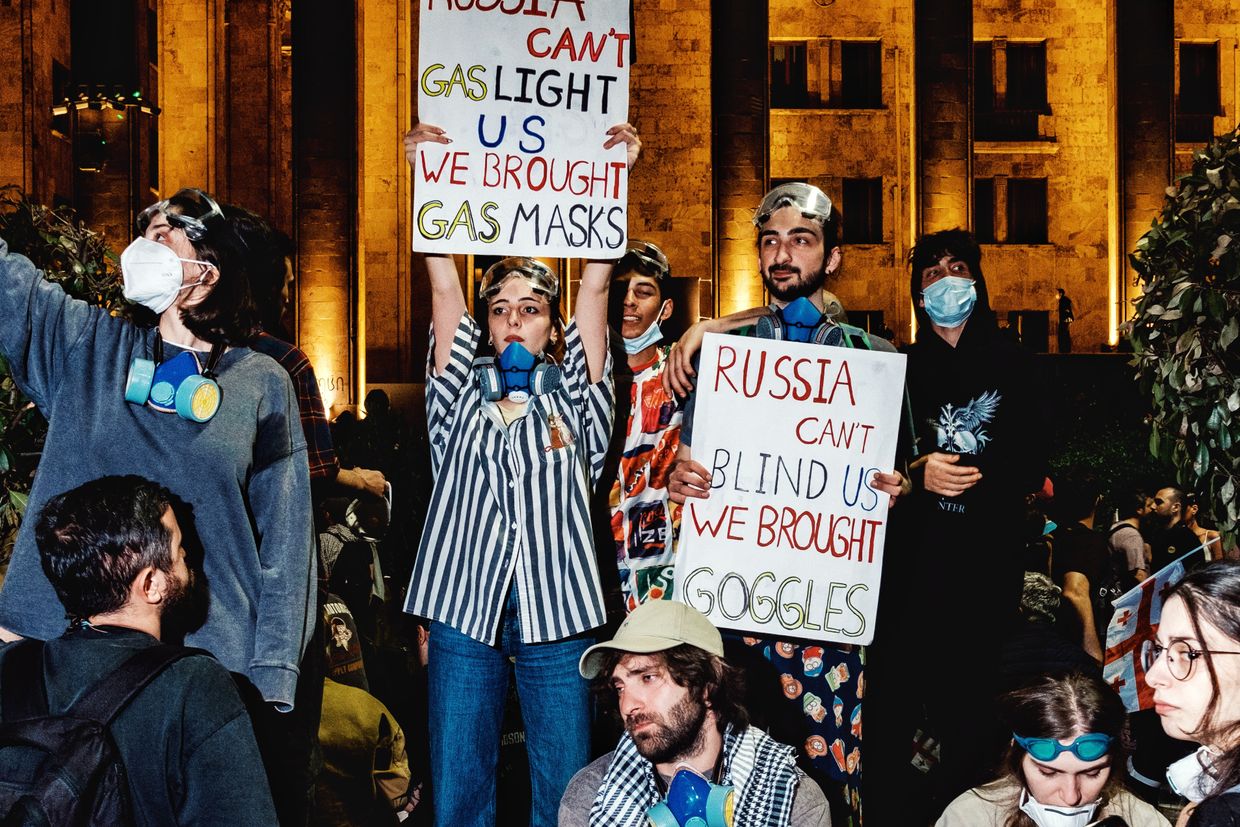Family of Georgian oligarch Ivanishvili has undeclared real estate in Russia, investigation finds

Family members of Georgian oligarch Bidzina Ivanishvili, the honorary chair of the ruling Georgian Dream party and widely seen as the country's true leader, own unreported real estate outside of Moscow, according to a collaborative investigation released by the Organized Crime and Corruption Reporting Project (OCCRP) on Aug. 9.
When Ivanishvili entered politics in 2011 and created the Georgian Dream party, he promised to give up his Russian passport and divest from business interests in the country.
According to the investigation, Ivanishvili's wife, Ekaterine Khvedelidze, has nonetheless continued to acquire new real estate in a wealthy Moscow suburb.
Ivanishvili, who formerly served as prime minister, first disclosed his Russian property holdings in 2013. With an estimated net worth of almost $5 billion, Ivanishvili is Georgia's richest man. He made the bulk of his fortune in Russia in the 1990s.
The investigation found that the previously disclosed house is now being rented out, and a second home, along with neighboring land, has since been acquired by Khvedelidze. She is reportedly earning rental revenue through a Russian bank sanctioned by the West. Another property owned by a company linked to Ivanishvili was also discovered.
In total, the value of the properties is estimated to be at least $14.7 million.
"(Ivanishvili's new properties) once again confirm the fact that he never stopped contact (with Russia)," said Nino Evgenidze, executive director of the Economic Policy Research Center, a Georgian think tank.
Previously, Transparency International Georgia reported in 2022 that Ivanishvili owned an unreported Russian company through an offshore subsidiary.
Ivanishvili and his family did not respond to requests for comment, the OCCRP said.
The political situation in Georgia has exponentially intensified in recent months following the passage of the controversial foreign agents law, which has been widely criticized and characterized as an effort to crack down on civil society and independent media.
After the law was passed despite historic protests and condemnation from Georgia's longstanding Western allies, tangible consequences have begun to emerge.
The U.S. implemented the first tranche of sanctions against Georgian government officials on June 6, imposing travel restrictions on individuals "responsible for or complicit in undermining democracy in Georgia."
The U.S. on July 5 indefinitely postponed joint military exercises with Georgia.
On July 31, Secretary of State Antony Blinken said the U.S. will pause more than $95 million in assistance to Georgia.
The U.S. move came weeks after Brussels froze 30 million euros ($32 million) in defense sector funding for Georgia after halting its EU accession process in June.
A parliamentary election, thought to be a critical moment for Georgia, is scheduled for October.












